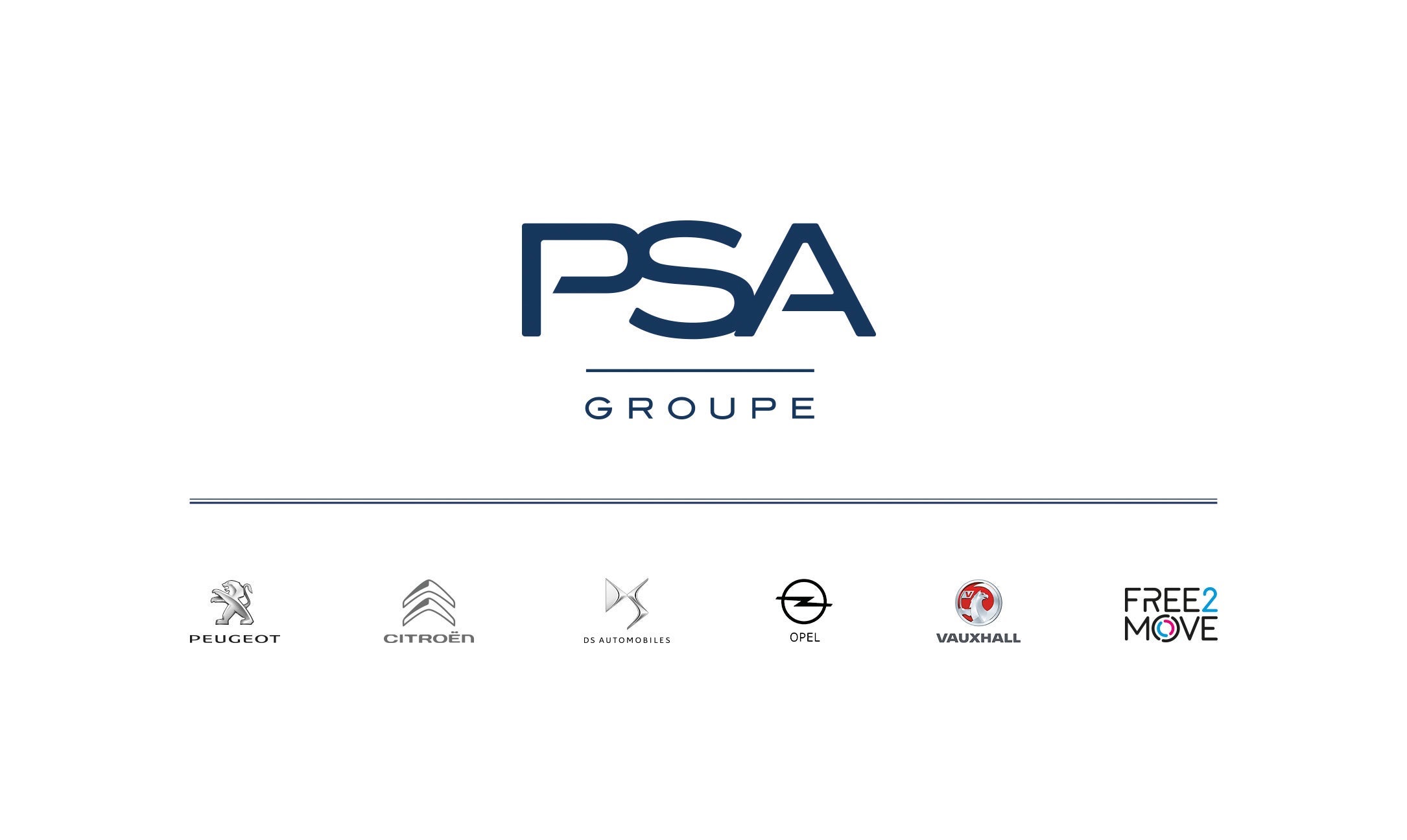
How will technology change human resources in the years to come? Following a discussion hosted by the New Statesman and sponsored by Oracle, two experts offer their views.
Technology will create more skilled roles, and increase demand for the best people
Pooja Poojara, HR Manager at Essar Capital
During the era of industrial revolution, the role of human resources in manufacturing – a sector with a highly skilled and productive workforce – was traditional, dedicated solely to timekeeping and payroll processing, safety standards and working conditions. Since then, HR has come a long way. It now plays a vital role in manufacturing, especially in volatile market conditions. In the era of globalisation and advanced technology, change is inevitable; lifestyle and perceptions can mean people, policies and processes must change quickly.
The future of HR in manufacturing is with its swift advance towards technology, manpower and financial drive. This will compel Human Resources to take into account changes and move towards advanced techniques such as artificial intelligence and virtual reality, which have the potential to improve day-to-day HR operations and processes. Relationships with employees could be improved through continuous experimentation with technology, using modern communication and productivity tools to develop the employee experience and achieve business goals.
Automation can also enable a business to concentrate on production and increase output, which can create further demand for skilled workers, especially those who specialise in automation and working with automated machinery. Automation won’t annihilate jobs, as some fear; it can be seen as a complementary asset, which will draw out the relevant skills required for the business. It can be used to keep up with changes in technology, developing an organisation’s culture and enhancing employee experience and engagement.
As manufacturing is changed by technology, talent will become more important, and organisations need to attract those candidates that best suit them. Company image and employee value proposition are important to employees, as are their experience and engagement at work, and HR is central to these factors. Only with the right culture, engagement and performance management will the best talent arrive and stay.
Work will become more human
Yazad Dalal, Head of Strategy, EMEA for Oracle HCM Cloud
The future of Human Resources technology will be to make work more human. We believe that technology permeates every aspect of work and life and that emerging technology will help us reimagine how we move, live, survive and thrive. Employees today feel increasingly disconnected from their employer’s business goals. They are expected to be agile and adaptable to constant business hange and disruption. Yet they are encumbered by strict, irksome work processes.
Further, the tools they are provided – even if they do leverage emerging technologies like AI – often do not keep pace with the innovation employees see in their personal technology. They do not have the right data and insights to make decisions that matter to them and their employer. In short, they are not empowered to be successful.
The UK’s Chartered Institute of Personnel and Development agrees. “It is incumbent upon HR professionals to put the emphasis back on people and create work environments where technology and people can co-exist – with technology complementing or augmenting the work people are already doing and making jobs more meaningful”, the CIPD reported recently.
At Oracle, we know two things to be true. First, that our customers around the world insist that business transformation requires an enterprise-wide approach that weaves together enterprise data, enterprise information, emerging technologies, applications platform and infrastructure. Second, that the future of HR technology is in artificial intelligence, and the data that powers it.
We believe that AI is the future of making work more human, creating an employee experience that keeps employees engaged, productive, longer-tenured and happy. We believe that human-centred design makes work more enjoyable. Employees deserve tools that provide a consistent user experience across multiple devices.
We must continue to innovate in AI in HR technology because it serves us information in the micro-moments when we need them most; It understands what we like and delivers highly personalized experiences; it is actionable and contextually aware, across many co-ordinates—geography, political, seasonality, life stages; it adapts to our changing needs, improves, gets smarter over time and discovers new knowledge; and it interacts with us naturally, even through voice.
Ultimately, AI will empower us, as employees and leaders, to focus on the human aspects of our work and drive successful outcomes for ourselves and our organisations.




